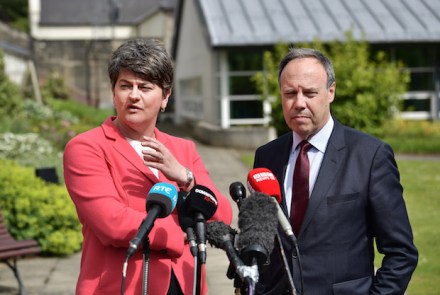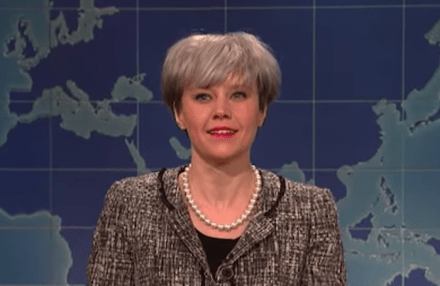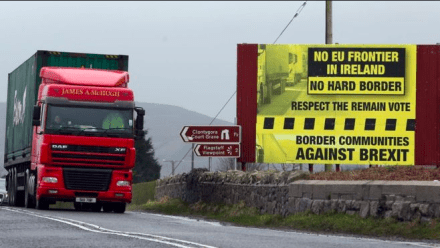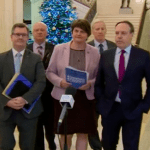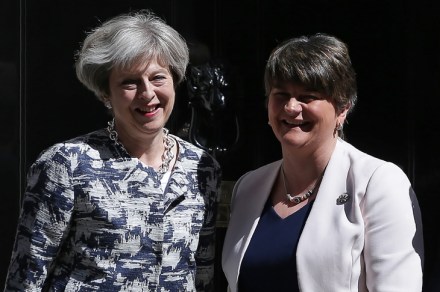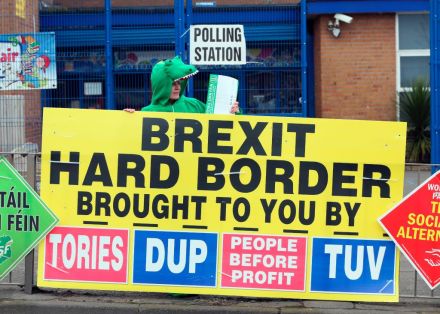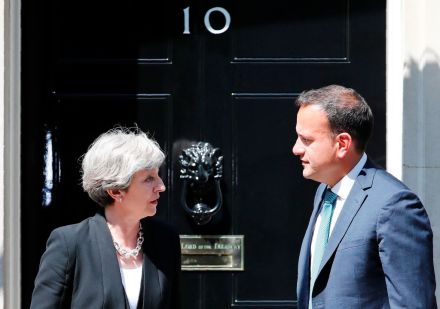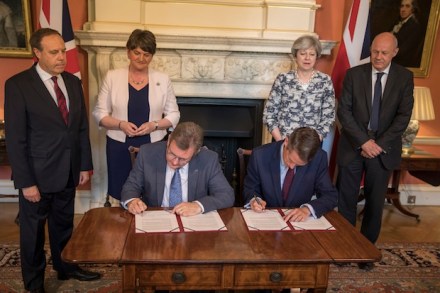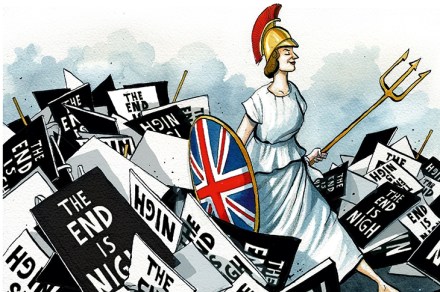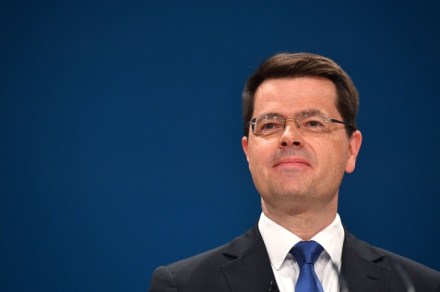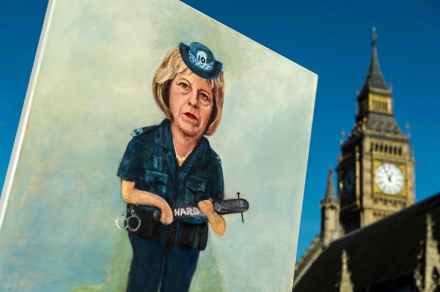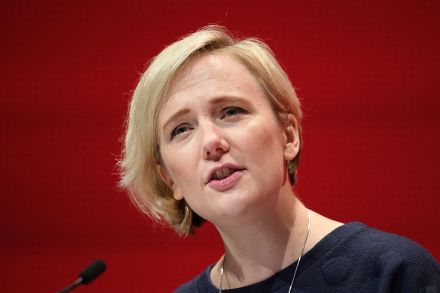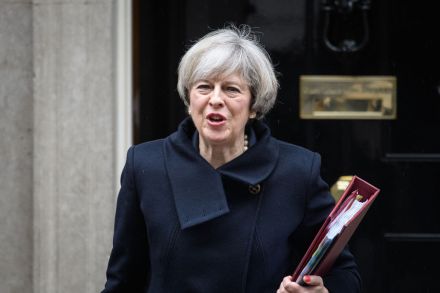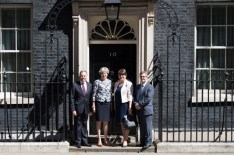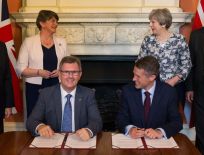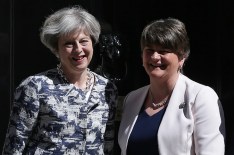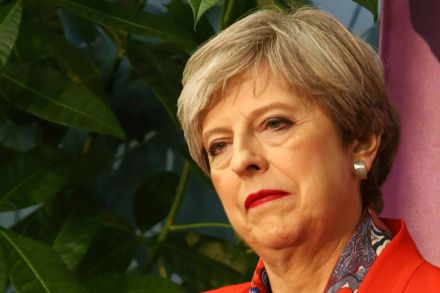Karen Bradley gets on the wrong side of the DUP
Oh dear. Although Karen Bradley has only been in her new job as Secretary of State for Northern Ireland for just over a week, she has already managed to ruffle a few feathers. Unfortunately for her, those feathers belong to the all-powerful DUP. It’s been reported that in a sit down with written press this morning, Bradley indicated that ‘release of the £1 billion from DUP/Tory confidence & supply deal at Westminster is contingent on ministers being in place at Stormont’. However, this is news to Nigel Dodds – the DUP’s Westminster leader. He has taken to social media to voice his concern that this is ‘not correct’: Hasn’t anyone told
